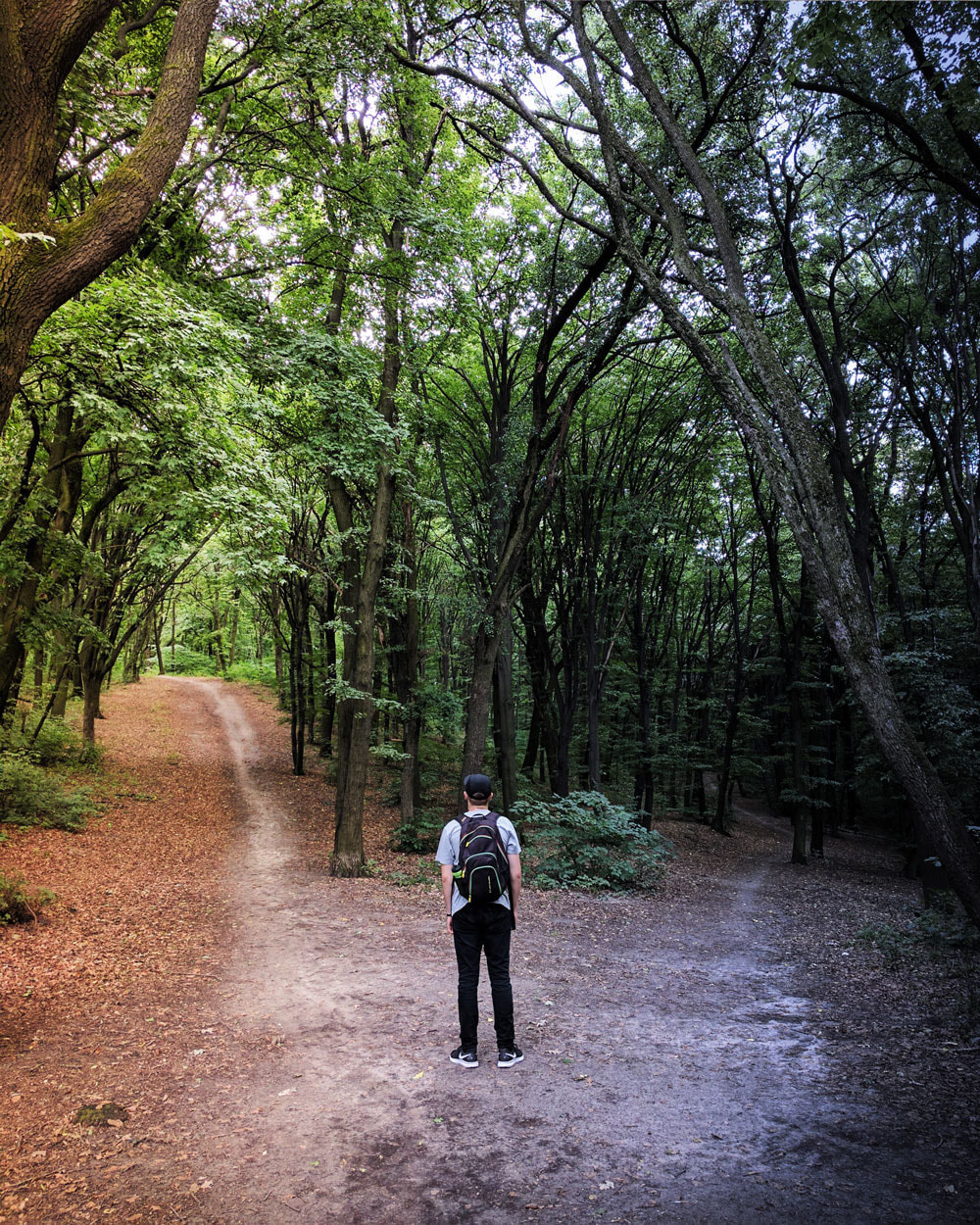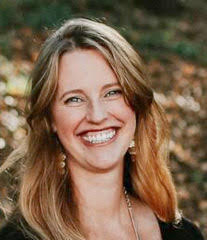|
Facing any natural disaster can easily be an overwhelming experience. There is often a sense of complete loss of control as well as absolute loss of material possessions. With a flood there is potential for a long continued set of discoveries having to do with damage from the flooding, such as structural damage, mold, and erosion. Survivors of a flood may feel that they are swirling in questions and unknowns as they watch the waters rise and recede. How bad is the damage? Will we be able to repair it? Am I still in danger? How long will this last? Floods sometimes come and go very quickly, washing away memories and homes. And sometimes the flooded area is under water for weeks before even basic assessments can begin to be made. The language of describing flooding lends itself very well to also describing the feelings of those affected. “Drowning,” “washed away,” “torrent,” “adrift,” all may be ways that one’s directees experience their emotions. Patience and a calm presence from a spiritual director will be a great gift to those who are displaced by or recovering from flooding. Directors should also be attuned to the fact that most cultures and faith traditions have some sort of flood narrative in their collective stories or scriptures. It is possible that with floods more than other natural disasters, that individuals may have unconscious associations of the event with Divine wrath or punishment. As always, sensitivity, openness, and compassion are necessary in walking with these survivors. If you are meeting locally with people in your community then it is also likely in cases of flooding, or any widespread disaster, that you too have been affected. Be sure that you are taking the time and space to care for your own wounds in this healing period. Some practices that may be helpful for directees who have survived a flood include: -centering prayer -mindfulness or meditation -practicing gratitude -physical grounding exercises -“praying the hours” or other rhythms of worship -connecting with neighbors -volunteering A Prayer For After A Flood Oh God, the waters just kept rising. They poured down the streets and through our doors. Our feelings of agency and control have literally been washed away. Our homes and jobs are gone or put on indefinite hold. This waiting and wondering makes us weary deep in our bones. Some of us have lost material possessions. Some of us have lost beloved pets. Some of us have lost people who provided meaning in our lives. All of us have lost what we thought of as normal life. Give us the endurance to honor those losses. Pull our feet and souls out of this muck. Put us on a firm foundation. Restore us to our land and ourselves. Help us to see moments of joy and relief. Remind us of all that we are grateful for. Show us the clean start, hidden under the debris. Erin Jantz received her Master’s Degree in Spiritual Formation and Soul Care from the Institute for Spiritual Formation. She also holds a B.A. in developmental psychology and has furthered her education with trainings in trauma care from Boston University and intensives with Dr. Bessel Van Der Kolk. She has been practicing spiritual direction since 2012, helped to author ICTG's Spiritual Formation Resource Guide, and also teaches and speaks on a variety of spiritual formation topics. Erin lives in Southern California with her husband and their four marvelous children.
0 Comments
One of the emotional experiences that often accompanies trauma is that of abandonment. The feeling of being utterly alone and vulnerable and feeling that one could not find the resources within one’s self to handle the crisis at hand in the moment (But be confident, we use the word “survivor” for a reason! Those resources were present and accessed as evidenced by the person sitting across from you!). For those who identify with Abrahamic or monotheistic religions, this is a feeling of “God-forsakenness” - the sense that in the occurrence of their trauma, even God became absent. This feeling of being abandoned, perhaps betrayed, by even God, and the necessary changes that occur in their perceptions of God, faith, and religion in the aftermath of trauma, is what I refer to when I talk to directees about their “double dose of grief.” For many this is a difficult feeling to name, and depending on the faith tradition, even more difficult to talk about. Trauma often challenges both our conscious and unconscious theologies to the core. Unintegrated or untested beliefs about God’s presence in the world, God’s ways of interacting with people, “providence,” and many others come into sharp moments of cognitive dissonance when we try to make meaning out of what has happened. For some, this painful time of refining and shedding old beliefs will eventually result in a more grounded faith. Many survivors find that they are in fact able to discover that Love does still exist and is accessible in their new understanding of the world. For others, they may find that the old tradition does not adequately address reality as they now experience it and they will find homes in other traditions. A spiritual director can be a great asset during these delicate and tender transitions. There is quite a bit of nuance in this type of questioning. There is a difference between questioning one’s faith and questioning the rhythms and rituals of one’s tradition. The first brings us to the core of ourselves where we deal with existential loneliness. The latter may cause us to feel like a misfit in our community and so we deal with a more tangible loneliness. A director must tread softly on this hallowed and fertile ground. Assuming that for the most part, we meet with directees who are part of the same or similar faith traditions as ourself, we must challenge ourselves to be honest about how open-handed we are with our tradition. How do we view those of other traditions? How do we view those who “leave” our tradition? By what means do we truly believe God meets and interacts with our neighbors of other faiths? With us? Does our tradition or institution welcome evolving faith or will that be viewed as threatening? These questions will have to be answered by you and by your directee. The answers may become particularly complicated if the trauma that has been survived was directly connected to a betrayal from within the tradition -either from a specific person or institution. Particularly challenging can be the experience of feeling distant from, or within, one’s own tradition. This often means a loss of support, community, and rhythms that previously were held dear. Experiences and groups that often religious folks find their identity within. The rumblings of change in one person’s faith often causes ripples that are felt by the entire community, if it is close-knit. Does your directee feel safe to discuss what they are experiencing honestly with their spiritual leaders and friends? Do they feel supported, encouraged, and accepted as they explore? Trauma often challenges both our conscious and unconscious theologies to the core. Unintegrated or untested beliefs about God’s presence in the world, God’s ways of interacting with people, “providence,” and many others come into sharp moments of cognitive dissonance when we try to make meaning out of what has happened. Faith and religion, and the practices thereof, have been shown again and again to be powerful tools in building resilience and healing. The deeper one’s spirituality is integrated into one’s life, the more necessarily it will be affected by trauma, for better and for worse. When walking with survivors, the question is not “if” their experience of trauma will lead to some challenging questions about faith, it is “when.” As spiritual directors, we can hold space for these questions, and stand with our directees at these crossroads, with the deep intention of not adding to their grief, but helping them to experience joy. Recommended Further Reading: Healing Spiritual Abuse and Religious Addiction, by Matthew Linn, et al. Spirit and Trauma: A Theology of Remaining, by Shelly Rambo Trauma and Grace: Theology in a Ruptured World, by Serene Jones Erin Jantz received her Master’s Degree in Spiritual Formation and Soul Care from the Institute for Spiritual Formation. She also holds a B.A. in developmental psychology and has furthered her education with trainings in trauma care from Boston University and intensives with Dr. Bessel Van Der Kolk. She has been practicing spiritual direction since 2012, helped to author ICTG's Spiritual Formation Resource Guide, and also teaches and speaks on a variety of spiritual formation topics. Erin lives in Southern California with her husband and their four marvelous children.
|
�
SPIRITUAL DIRECTION BLOG
From 2012-2020, this blog space explored expanding understanding and best practices for holistic health in the context of spiritual direction.
This website serves as a historical mark of work the Institute conducted prior to 2022. This website is no longer updated. Archives
September 2020
Categories
All
|





 RSS Feed
RSS Feed
